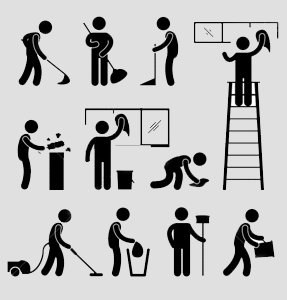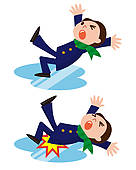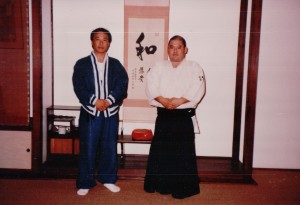"In the depths of winter, I finally learned that within me there lay an invincible summer."- Albert Camus
Here is a story that best explains this quote.
Long ago there were two friends who grew up and attended school together. One was a from a wealthy samurai family and the other one was from a working class merchant family. After their schooling was over they parted ways and didn't see each other for many years. The samurai went on to become even wealthier while the merchant had fallen on hard times. One day the down and out merchant called on his former friend in the hopes of getting a loan. They met and ate food and drank while they reminisced about the past. During their meal the former merchant drank himself into a stupor and passed out and during that time the samurai was called away on business. Before the samurai left, he had his servant sew a jewel into the sleeve of his friend's kimono. The merchant woke up and stormed out of his friend's house in an anger infused frenzy about his friend's apparent rudeness. A year or so later the two met up again and the former merchant was even more down on his luck and he chastised his friend for his rudeness and lack of etiquette. The samurai replied, "My friend, I don't know why you are so mad at me. We ate and drank and you passed out. I was called away on business and had to leave but before that I sewed a jewel into your sleeve in hopes that it would fall out and you would find it and find your way someday." The upset merchant looked at his kimono and sure enough the only part of his kimono that wasn't tattered was the part of the sleeve with the jewel. The embarrassed and emotional merchant cried and bowed to his friend. He accepted his friend's fine gift and worked hard and eventually made something of himself.
This story like the quote above illustrates what is known as busho or Buddha nature in Buddhism. It is said that we all have Buddha nature inside of us or the capability to become Buddha. Once we realize this we can accomplish anything we set our minds to. The winter may lay in front of us but the summer blazes hot within us. We can accomplish anything and the only thing holding us back is the will to do so.
I know you have the capability to train hard but will you? Please train hard this year!












